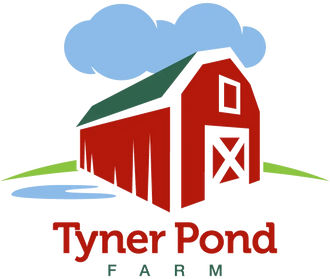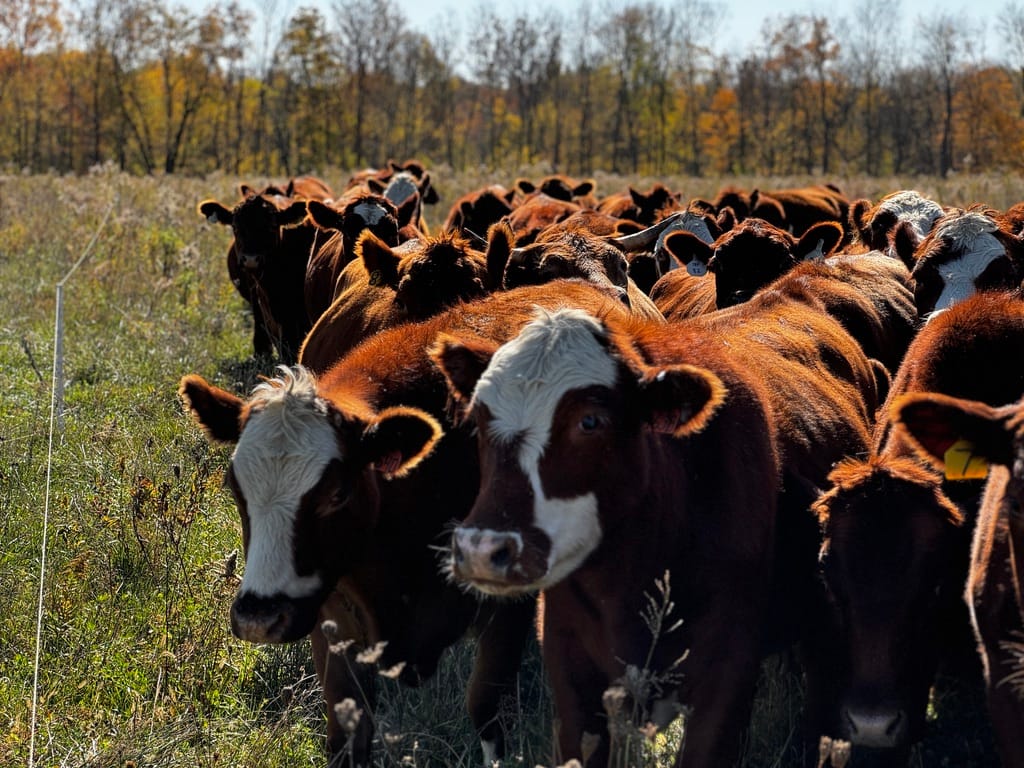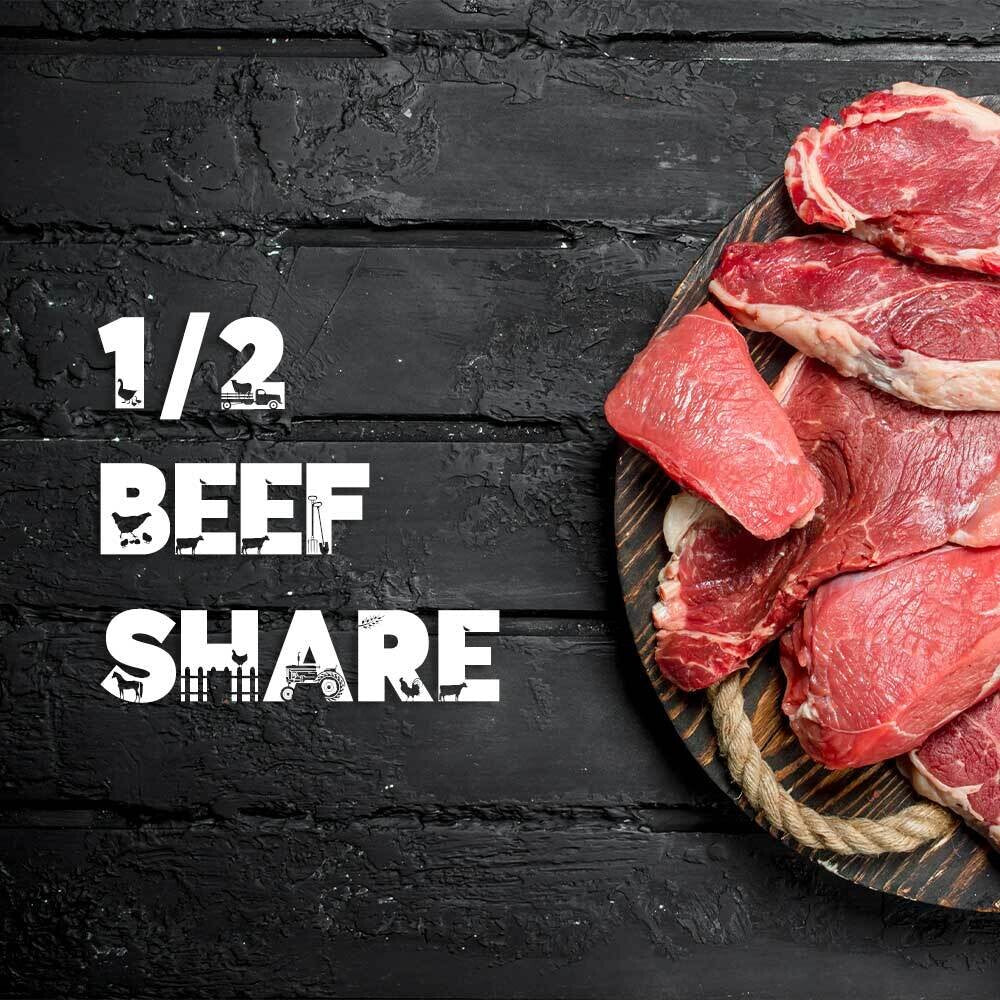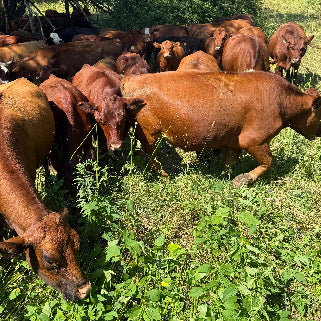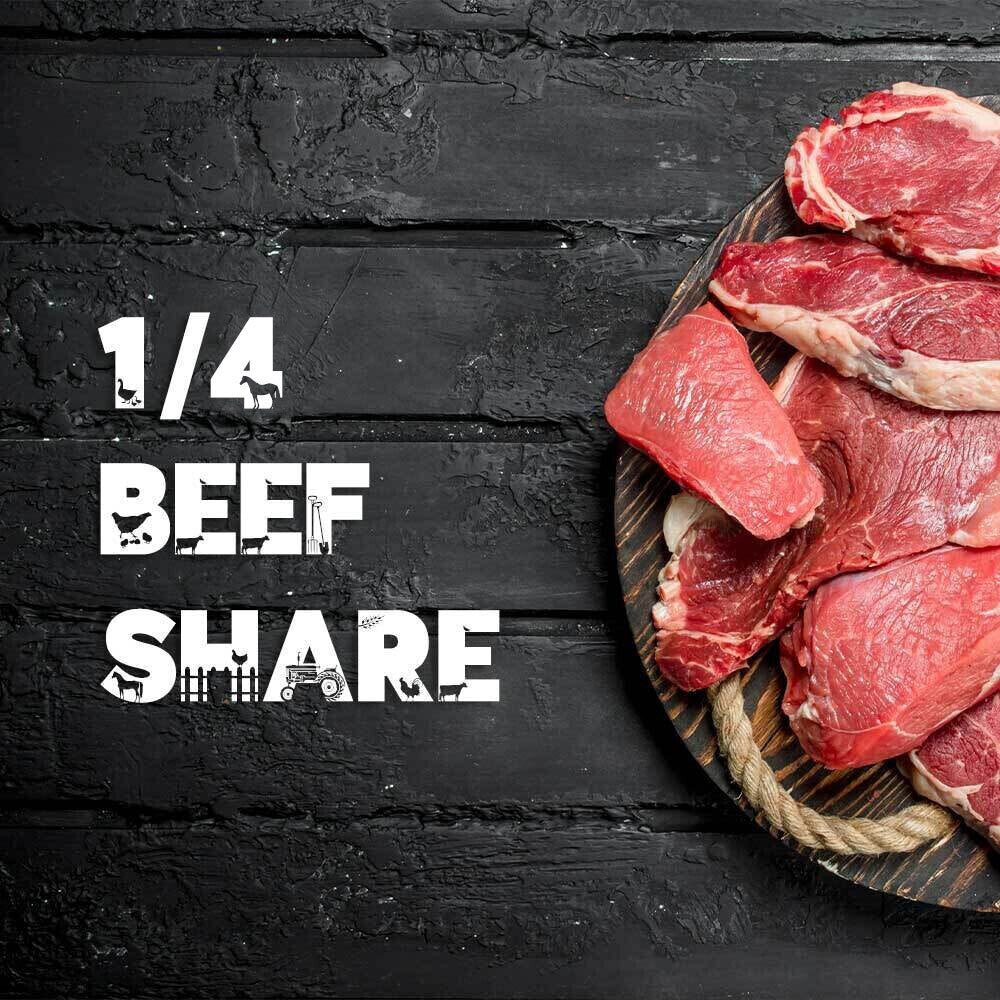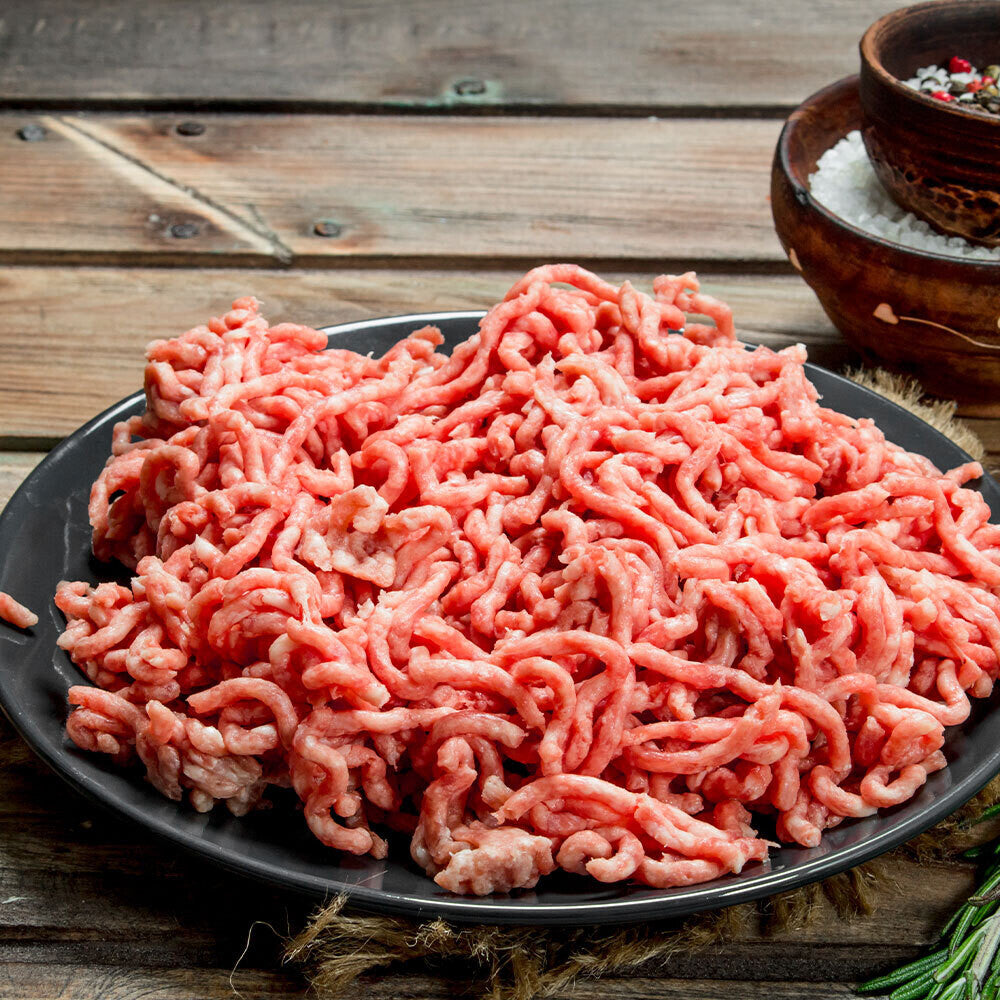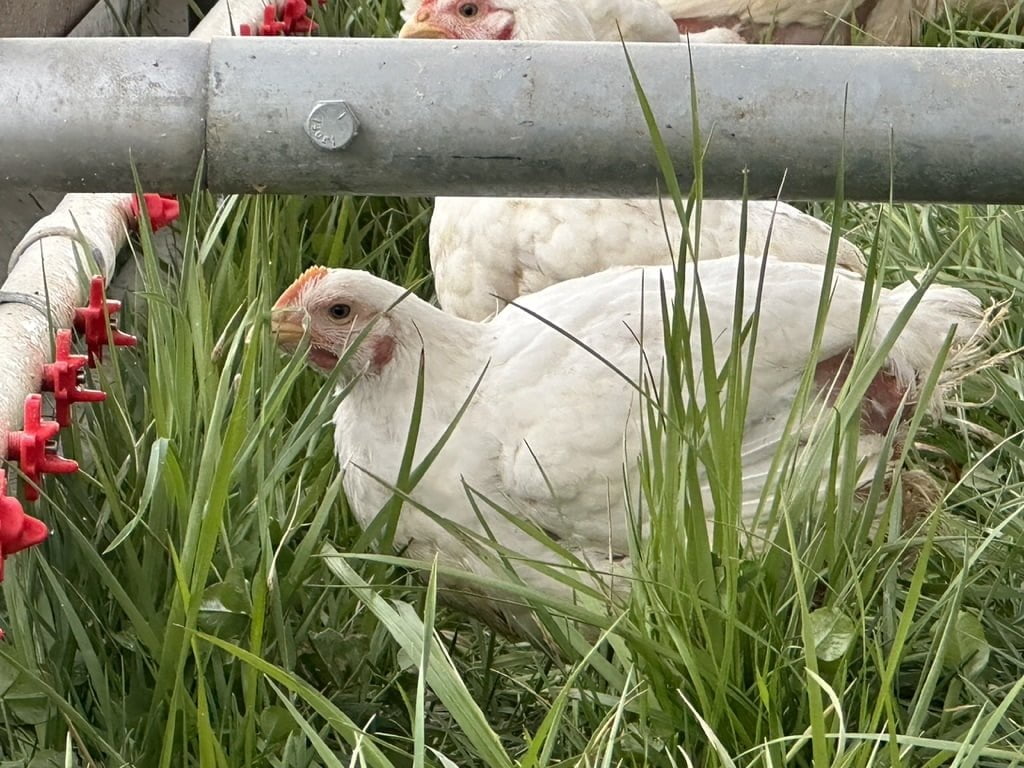
Why would pasture raised chicken be considered better than industrially raised chicken?
I get some version of this question often..and "better" is subjective.
Many people are focused on nutrition, some are looking at animal welfare or avoiding corporations and globalized food systems. There are several reasons why pasture-raised chicken is often considered "better" than industrially raised chicken. These considerations fall into three main categories: animal welfare, nutrition, and environmental impact. Pasture Raised Chicken on our Farm
Pasture Raised Chicken on our Farm
Animal Welfare:
- Living conditions: Pasture-raised chickens have access to spacious outdoor areas where they can roam freely, forage for food, and engage in natural behaviors like dust bathing and dustbathing. In contrast, industrially raised chickens are typically confined to crowded, windowless barns with limited space for movement.
- Diet: Pasture-raised chickens consume a more diverse diet that includes insects, grubs, grasses, and herbs, along with supplemental grain. This natural diet is closer to what chickens evolved to eat and contributes to their overall health and well-being. Industrially raised chickens primarily eat a grain-based feed supplemented with vitamins and minerals.
- Antibiotic use: Industrially raised chickens are often given antibiotics routinely to prevent the spread of disease in close quarters. This can contribute to antibiotic resistance in humans. Pasture-raised chickens are less likely to require antibiotics due to their lower stress levels and access to fresh air and sunshine. Nutrition:
Nutrient content:
- Studies have shown that pasture-raised chicken may be higher in certain nutrients, such as omega-3 fatty acids, vitamins A, D, and E, and lower in saturated fat compared to industrially raised chicken. This is likely due to the diverse diet of pasture-raised birds.
Flavor:
Our customers feel that pasture-raised chicken have a richer, more flavorful taste than industrially raised chicken. This is due to the combination of a varied diet and more exercise, leading to higher intramuscular fat content. Chickens on our farm
Chickens on our farm
Environmental Impact:
- Land use: Pasture-raised chicken production typically requires more land than industrial farming. However, it can also have positive benefits for the land, such as improving soil fertility and reducing erosion.
- Water use: Pasture-raised chicken production uses less water than industrial farming.
- Waste management: The concentrated manure from industrial chicken farms can pose environmental challenges, while manure from pasture-raised chickens fertilize our pastures and feed microbial life
Previous post
Why Tyner Pond Farm's Focus is on Grassland
Next post
